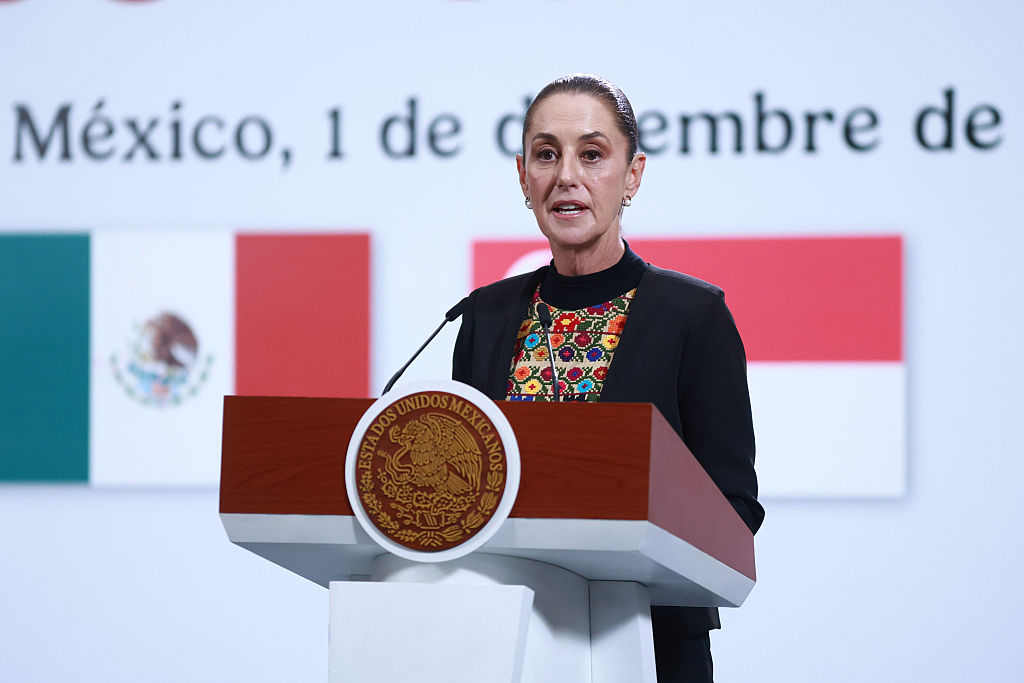Lessons from the Mexican Reform
Lessons from the Mexican Reform
Seguro Popular's far-reaching impact.
Science will play a critical role in the expansion and improvement of global health. We must be able to apply what we learn about technology, drugs, communicable and noncommunicable diseases, personal hygiene, feeding habits, sexuality, and child rearing to policymaking on health care. Similarly, social science evaluations of the impact of health care policies and their implementation are crucial to the development of better health policy.
Cooperation among research and advocacy organizations has helped to create an international infrastructure to measure the burden of disease, analyze the cost-effectiveness of health interventions and develop broad plans and budgets to address national health care concerns. The application of these advances catalyzed the far-reaching structural reform in 2003 of the Mexican health system called Seguro Popular.
In the early 1990s, a calculation of national health accounts by the Fundación Mexicana para la Salud revealed that more than half of total Mexican health care expenditure was individual, out-of-pocket payments. Families and individuals were paying from their own incomes or savings for health care procedures, including emergency care. In other words, half of the population lacked health insurance.
The realization that households—the poor, in particular—had been paying catastrophic, out-of-pocket sums changed public perceptions and provoked public discussion of the need to expand public health coverage. Policymakers suddenly began to look at how financial issues affected the provision of health care and levels of poverty among Mexican households.
Another contributor to the reform was the realization that Mexico compared poorly with other nations, as measured by the World Health Organization in 2000, in providing full health care to its citizens—a direct result of its high levels of out-of-pocket spending. Mexican analysts concluded that poor households were driven into greater hardship by crushing health care expenditures.
The evidence sparked a broad coalition to establish a system of social protection in health. The legislative reform, approved by the Mexican Congress in 2003, led to a major overhaul of the country’s public health infrastructure and an increase in public funding for health care by a full percentage point of GDP over seven years. The eventual goal: to provide universal health insurance.
Read the full text of this article at www.AmericasQuarterly.org
Julio Frenk, MD, MPH, PhD is dean of the Harvard School of Public Health. He served as the Minister of Health of Mexico from 2000 to 2006.







